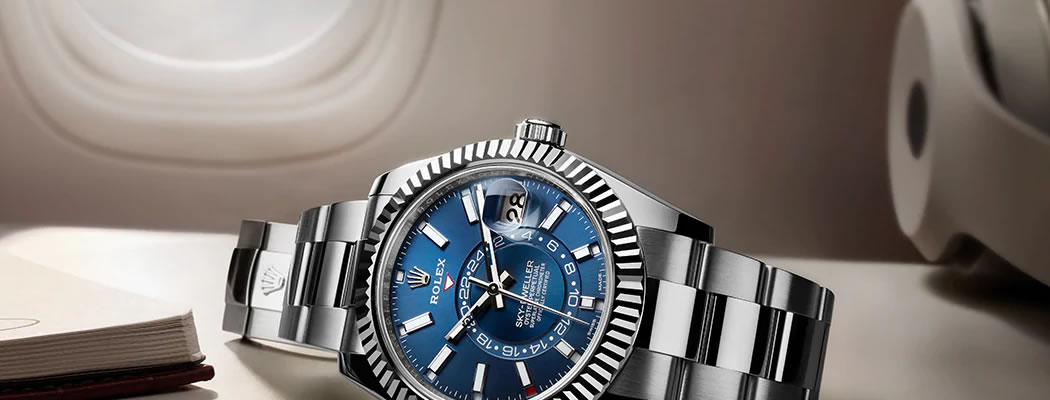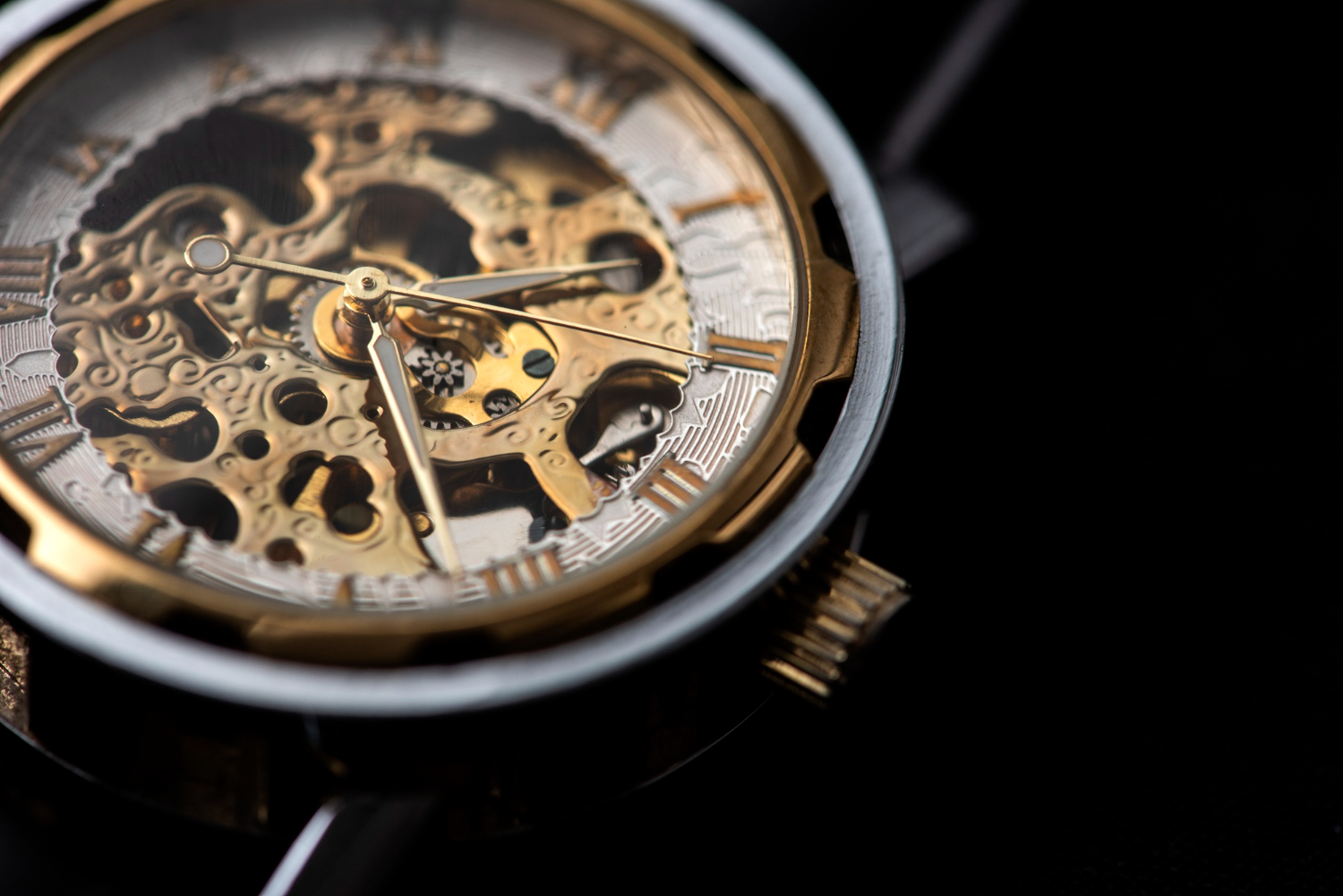Free Shipping on Orders Over $500
Save $100 off your first purchase with us!
use code: FIRST100
SHOP NOWComparing Chronometers and Chronographs
In the horology world, where precision and craftsmanship reign supreme, two terms appear: chronometers and chronographs. While these words may seem interchangeable, they mean different things. Atlanta Luxury Watches is ready to help you understand the differences between these two precision instruments, comparing them across crucial aspects: Accuracy and Precision, Functionality and Use, and Aesthetics and Design. Before you invest in a high-quality timepiece like a Rolex watch, here are things you should consider the next time you visit a watch store.
Accuracy and Precision
A chronometer is a timepiece renowned for its impeccable accuracy. It’s a watch that has undergone rigorous testing and received an official certification from an independent authority, such as the Swiss Official Chronometer Testing Institute (COSC). A chronometer must meet strict criteria to earn this title, including keeping time within a specified range, typically -4 to +6 seconds per day. Mechanical movements often power these luxury watches, and the precision is achieved through meticulous craftsmanship, including precision machining and finely tuned escapements.
A chronograph is focused on something other than telling time with ultimate precision. Instead, it serves as a stopwatch, allowing users to measure elapsed time intervals. While chronographs can be highly accurate timekeepers, they primarily provide functionality for activities like sports, aviation, or scientific experiments. Chronograph movements can be mechanical or quartz-based, and their accuracy can vary depending on the caliber and brand. However, they are subjected to different stringent accuracy requirements than chronometers.
Functionality and Use
Chronometers are often associated with elegance and are dress watches. Their primary function is to display the time accurately. They lack the extra complications that chronographs offer, focusing solely on the essence of timekeeping. This simplicity in design and purpose makes chronometers a preferred choice for formal occasions and everyday wear.
Chronographs have additional sub-dials, pushers, and hands, allowing users to time events, record lap times, and perform various other tasks. These watches are preferred for sports enthusiasts, pilots, and anyone requiring split-second precision in their activities. Their functionality extends beyond mere timekeeping, making them indispensable tools for those who need the ability to measure intervals accurately.
Aesthetics and Design
Chronometers are exemplars of classic design and timeless elegance. Their aesthetics emphasize simplicity and refinement. They often feature clean, uncluttered dials with minimal complications and attention to detail. A good example is the case of a Rolex watch, which is slimmer, making it ideal for slipping under a tailored shirt cuff. Straps are typically crafted from high-quality materials like leather or stainless steel, enhancing the watch’s overall sophistication.
Chronographs are more dynamic in design. They are characterized by additional sub-dials and pushers, which give them a sporty and adventurous appearance. These luxury watches often have larger cases to accommodate the added features, making them more substantial on the wrist. Straps can vary widely, from rugged rubber for sports models to sturdy metal bracelets for aviation-themed chronographs.
Whether you opt for a chronometer or a chronograph depends on your priorities. Do you crave the precision of a chronometer, or do you require the multifaceted capabilities of a chronograph? In the luxury timepieces, the choice is yours, guided by your passion for precision or your penchant for functionality. Contact us at Atlanta Luxury Watches or visit our watch store for quality products from top-tier brands.




